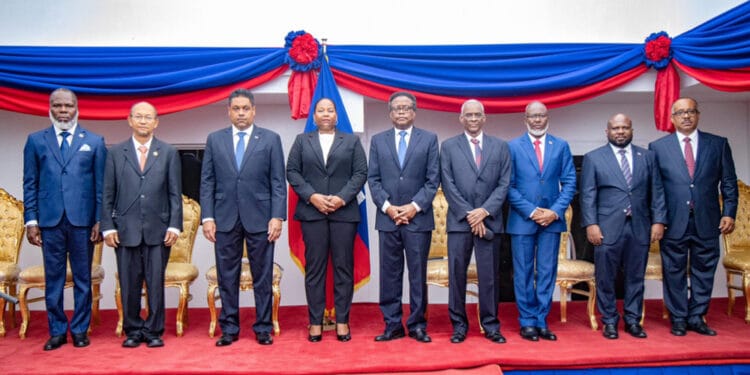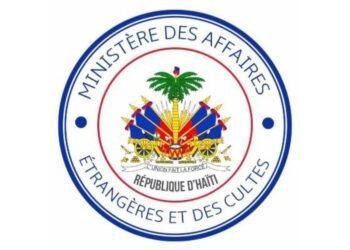There are just 311 days to go until Haiti’s presidential elections, scheduled for February 7, 2026. A deadline which, far from being a mere calendar formality, symbolizes the country’s last chance to return to democratic stability.
The warning issued by US ambassador Dennis B. Without a credible plan and renewed unity, Haiti risks sinking further into chaos. The Conseil présidentiel de transition (CPT), which is supposed to embody the hope of a peaceful transition, is going through a crisis of legitimacy. Internal conflicts and partisan interests”, denounced by Hankins, have paralyzed its initial ambitions.
And yet, things had started off on the right foot: last April, the April 3 agreement had generated a surge of collaboration between political and social forces. But divisions, fuelled by electoral calculations and power rivalries, quickly eroded this momentum.
As a result, democratic institutions, already weakened by years of crisis, are struggling to rebuild. This paralysis is not without consequences.
Every day lost in internal quarrels takes the prospect of free and fair elections a little further away. Without legitimate elections, how can we restore the confidence of a population exhausted by insecurity, corruption and a failing state?
The risk is twofold: to see a transition with no horizon, or worse, a power vacuum conducive to armed groups. The Haitian transition can only succeed if the political players agree to look beyond their immediate interests.
This implies painful compromises, greater transparency in governance, and above all, a clear roadmap with independent control mechanisms. At this critical juncture, Haiti no longer has the luxury of time.
CPT’s leaders must choose: remain prisoners of their rivalries or embody the boldness needed to write a new chapter.













Discussion about this post